Piso Moni Preveli, also known as the “Back Monastery,” is the heart of the Preveli Monastery complex. Situated approximately two kilometers from Kato Moni Preveli (the “Lower Monastery”), Piso Moni stands on a sloping hillside, overlooking the vast Libyan Sea. This strategic location offered both a degree of isolation and a vantage point for observing the surrounding landscape.
A Complex of Contrasting Levels
The monastery’s architecture reflects the challenging terrain. Constructed on a downward slope, the buildings occupy different levels, creating a multi-tiered complex. The lower level houses practical facilities, including storage areas and stables, essential for the monastery’s self-sufficiency. Ascending further, one reaches the central courtyard, the focal point of Piso Moni.
The Courtyard: Hub of Monastic Life
The courtyard is enclosed by various structures that supported the monastic community. Here, the katholikon (main church), the hegumenio (abbot’s residence), and the monks’ cells form a cohesive ensemble. This arrangement fostered a sense of community and facilitated the monks’ daily routines, centered around prayer, study, and communal living.
The Katholikon
The katholikon, dating from the first half of the 19th century, likely during the period of Egyptian rule in Crete, replaced an older church. Its construction symbolizes the monastery’s resilience and ability to rebuild after periods of destruction. The church’s interior features intricate wood carvings adorning the templon (icon screen), the proskynetarion (icon stand), and the ambon (pulpit). These artistic elements enhance the sacred atmosphere and reflect the dedication of the monastic community.
A Dual Dedication
The katholikon is a diklitos (two-aisled) church, with each aisle dedicated to a different saint. One aisle honors Saint John the Theologian, while the other commemorates the Annunciation of the Theotokos (Virgin Mary). This dual dedication reflects the monastery’s spiritual breadth and its veneration of key figures in Orthodox Christianity.
Beyond the Courtyard
The lower courtyard of Piso Moni houses a fountain inscribed with a palindrome: “Wash your sins, not only your face.” This inscription serves as a reminder of the monastery’s spiritual purpose and encourages introspection.
West of the fountain stands a vaulted building that now functions as an ecclesiastical museum. It showcases the monastery’s treasures, including icons, vestments, and liturgical objects. These artifacts offer a glimpse into the rich history and artistic heritage of Moni Preveli.
Before reaching the monastery, visitors encounter the ossuary, shaped like a small church. This structure serves as a poignant reminder of the monks who dedicated their lives to the monastery and underscores the continuity of the monastic tradition.
Additional Information:
- Construction Period: While the exact construction date of Piso Moni Preveli is uncertain, the current katholikon dates from the first half of the 19th century.
- Periods of Activity: The monastery has experienced periods of both flourishing and decline throughout its history. It played an active role in various Cretan uprisings against Ottoman rule and provided refuge to those fleeing conflict.
- Location: Piso Moni Preveli is situated approximately two kilometers from Kato Moni Preveli, in the Municipality of Agios Vasileios, Rethymno, Crete.
- Historical Significance: Moni Preveli, including Piso Moni, holds significant historical importance due to its involvement in Cretan resistance movements and its role in preserving cultural heritage.
- Current Status: The monastery is currently active and undergoing restoration efforts to preserve its historic buildings.
The monk saw me 50 meters away and went and hid.
Dax I understand, go ahead to the Alpha male.
He didn't open the church or the museum to me.
He came 5 minutes before closing the door to tell me that the monastery was closing. Whew; Were you open that long? I didn't get it beforehand.
Professional orientation went well in this case. Solitude suits him.
The monk saw me 50 meters away and went and hid.
Dax I understand, go ahead to the Alpha male.
He didn't open the church or the museum to me.
He came 5 minutes before closing the door to tell me that the monastery was closing. Whew; Were you open that long? I didn't get it beforehand.
Professional orientation went well in this case. Solitude suits him.
There is a small animal park. 0

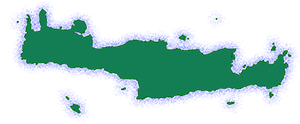














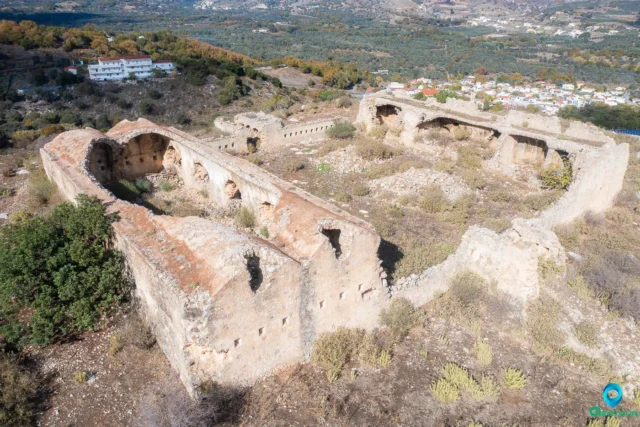
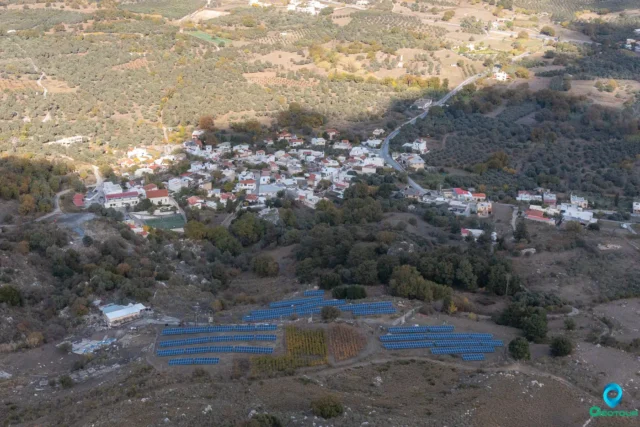

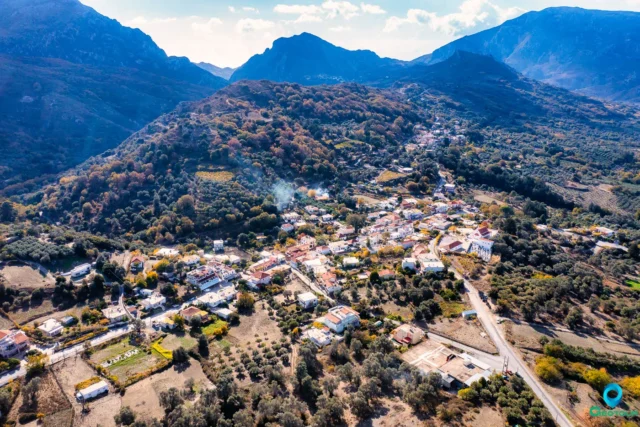

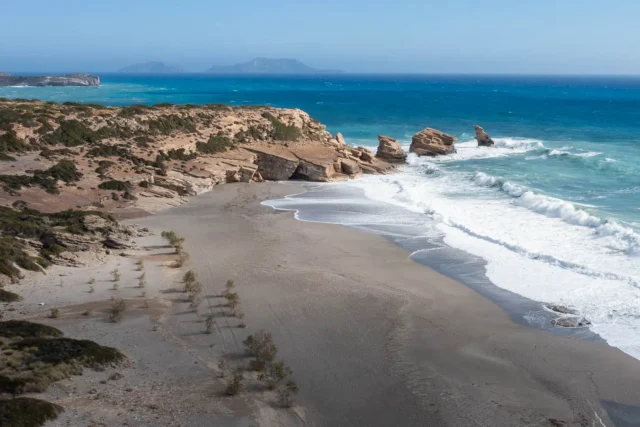

There are no comments yet.